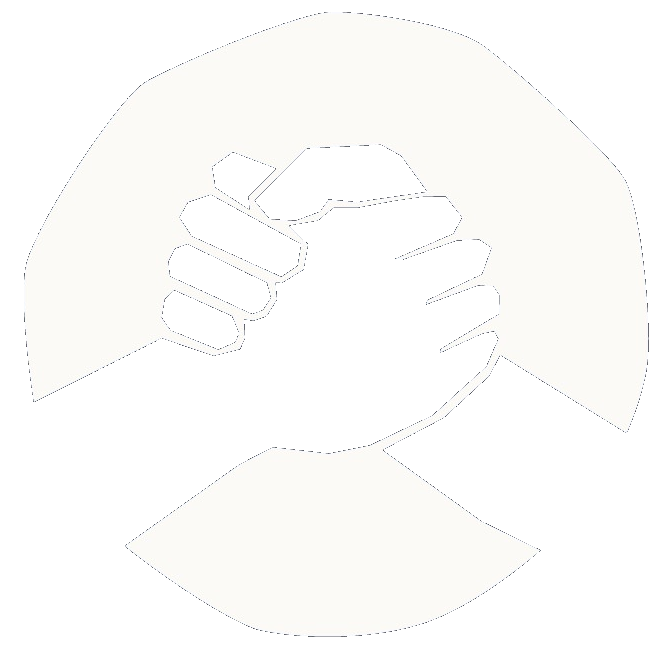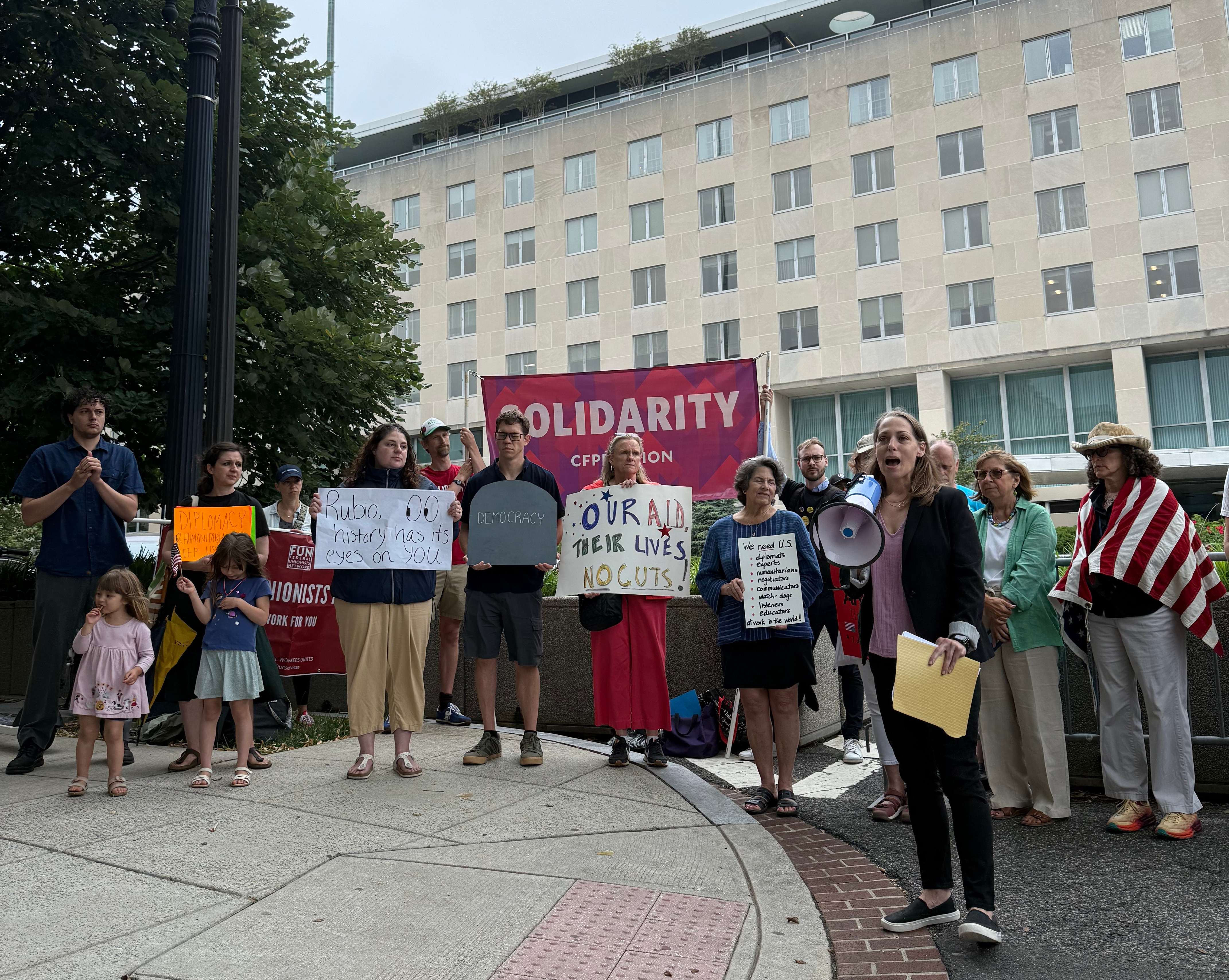What is Moonlighting?
Posted on August 15, 2025 • 3 minutes • 548 words
What are parallel institutions? What is moonlighting?
Parallel institutions, or organizations that reflect back official institutions and services of government, have been instrumental across continents in preventing, resisting, and overturning authoritarianism and totalitarian rule. Unlike civil society institutions that are simply a formation of people with a shared interest, parallel institutions mirror state institutions or functions. Government institutions are formed with an obligation to perform a specific function or duty - a parallel institution partially replaces or fills in the function of the main institution that is eliminated, not performing, or being used for other use. Parallel institutions are by definition political because they reveal and expose the hijacking or underperformance of the state and frequently meet the needs of civilians where the primary institution is following short. Read more here.
Frequently Asked Questions
How does a parallel institution relate to a union?
They are complimentary! Moonlight recommends having a union rep in the parallel spaces to maintain strong communication. Each can provide different strengths or make pushes stronger together. For example, fired federal workers or managers who are aligned but ineligible for a union may fit well in a parallel institutions. Feds still employed may focus on funneling corruption intel to the parallel group and worker defense info to the union.
What are examples of PIs abroad we can learn from?
Hundreds of parallel institutions have helped save lives and reveal corruption across the world. Examples range from the formalized shadow cabinet in the UK to volunteer public health clinics in Delhi to land occupation movements in Brazil. Alternative schools in Ukraine under occupation revealed Russian propaganda in public schools. The point is not to fully take over from the state, as it’s hard, for example, to perform surgeries in the street safely, but it is highly impactful to help many people to demonstrate government failings. Moonlight Movement volunteers are developing case studies to dive deeper on examples.
Is this just about social media?
No, but social media plays a critical role in this fragmented media market. Accounts are usually a strong place to start because they are an accessible way to start sharing information and collaborating with like-minded folks. But parallel institutions can play many roles in person, such as providing services, organizing events, activating colleagues, contesting false press narratives, retaining institutional memory, and much more. Offline components are essential for breaking through and shifting minds - otherwise people scroll on, whether they are supportive or not.
Are PIs basically NGOs?
A parallel institution is defined by its reflection of a failed service or institution. If a bunch of neighbors pick up trash, that’s a great community project, but if people form a group and say we’re picking up trash weekly in red wagons because the city isn’t, they are layering a political critique of govt underperformance into the organizing work with the goal of improving services.
Definition of a parallel institution from the International Center on Nonviolent Cooperation:
“Alternative [or parallel] institution-building is understood broadly as the process undertaken by organized civilians to establish new practices and organizations that are parallel to and aim to challenge dominant socio-economic, cultural, and political structures viewed as unjust and oppressive. Some examples include alternative schools; health clinics; publishing houses… proto-political and governing institutions, and community service organizations”.

